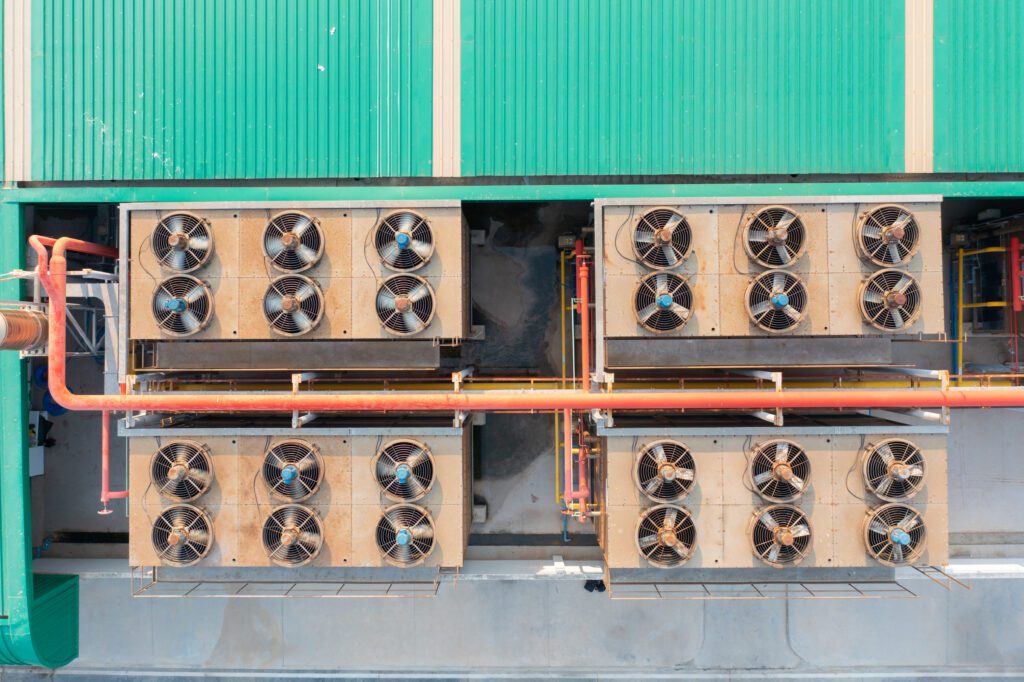As energy efficiency becomes increasingly vital in combating climate change, homeowners in Martinsburg, West Virginia, are looking for ways to reduce their carbon footprint. One significant step towards achieving this is selecting an eco-friendly HVAC (Heating, Ventilation, and Air Conditioning) system. This article will explore the importance of eco-friendly HVAC systems, delve into various types available, provide factors to consider when making a choice, and highlight local incentives and reliable installers.
Understanding the Importance of Eco-Friendly HVAC Systems
Eco-friendly HVAC systems offer numerous benefits that not only support environmental preservation but also enhance the comfort and health of occupants. With traditional HVAC systems contributing significantly to greenhouse gas emissions, transitioning to more sustainable options is crucial.
The Environmental Impact of Traditional HVAC Systems
Conventional HVAC systems often rely on fossil fuels, leading to substantial carbon emissions. These systems not only consume large amounts of energy but also contribute to air pollution and depletion of natural resources. As a result, they play a significant role in global warming and climate change.
Moreover, these systems can lead to higher energy costs for homeowners. The reliance on non-renewable energy sources creates a cycle that is detrimental to both the environment and household budgets. By understanding the negative impact of traditional systems, homeowners can be better motivated to seek alternative solutions.
Health and Cost Benefits of Eco-Friendly HVAC Systems
In addition to environmental advantages, eco-friendly HVAC systems offer multiple health benefits. These systems typically use advanced filtration technology, which can significantly improve indoor air quality by reducing allergens, dust, and pollutants. This is particularly important for individuals with allergies or respiratory issues.
From a financial standpoint, while the upfront costs of eco-friendly HVAC systems might be higher, the long-term savings on energy bills can be substantial. Eco-friendly systems are often more energy-efficient, which means they operate at a lower cost and can reduce monthly utility expenses. Additionally, many states and local governments offer rebates and incentives to help offset the initial investment, making these systems more accessible.
Furthermore, the integration of smart technology in eco-friendly HVAC systems allows homeowners to monitor and control their energy usage more effectively. Smart thermostats can learn user preferences, optimize heating and cooling schedules, and even provide real-time feedback on energy consumption. This not only enhances comfort but also encourages more mindful energy use, contributing to further reductions in carbon footprints.
Another notable aspect of eco-friendly HVAC systems is their potential to utilize renewable energy sources, such as solar or geothermal energy. By harnessing these sustainable resources, homeowners can drastically reduce their dependence on fossil fuels and lower their overall environmental impact. As technology continues to advance, the efficiency and affordability of these renewable energy options are likely to improve, making eco-friendly HVAC systems an even more attractive choice for future homeowners.
Types of Eco-Friendly HVAC Systems
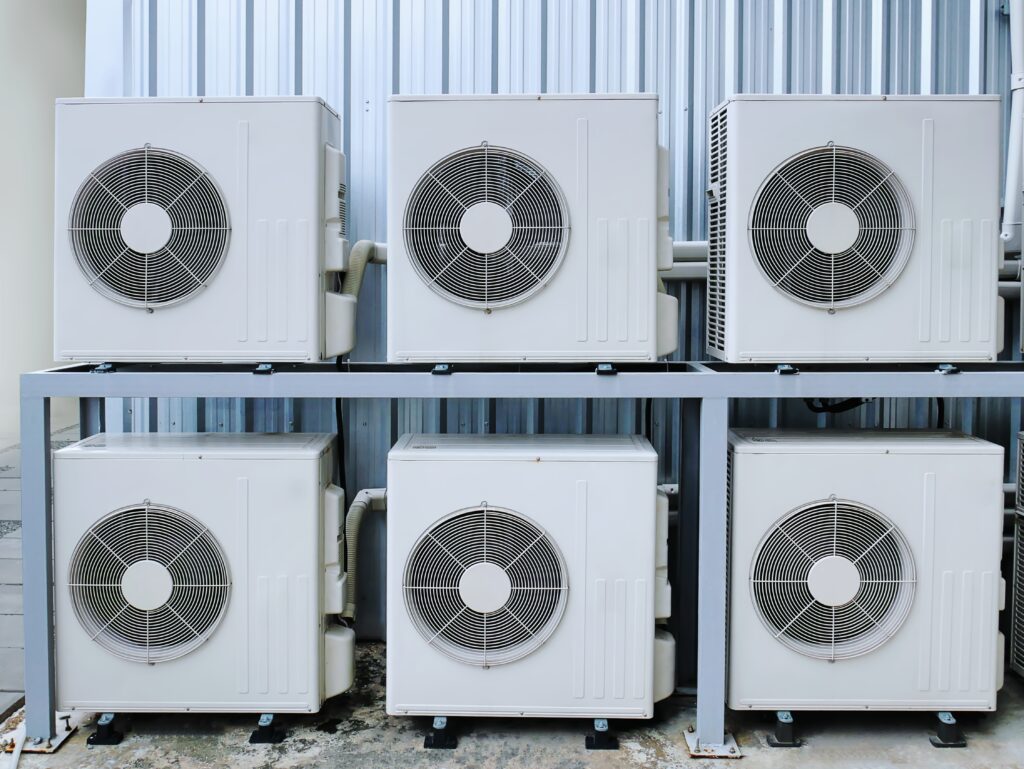
Several eco-friendly HVAC systems are available, each with unique advantages. Homeowners should consider their specific needs and circumstances when evaluating these options.
Solar Powered HVAC Systems
Solar powered HVAC systems harness the sun’s energy to heat or cool homes. By using solar panels, these systems can significantly reduce energy costs, as they generate their own electricity. In sunnier regions, this technology is particularly effective, making it a viable option for many Martinsburg residents.
Additionally, solar systems often have low maintenance requirements and contribute to energy independence, as they reduce reliance on the traditional power grid. The initial installation cost can be high, but incentives can make it more affordable. Furthermore, many states offer tax credits and rebates for solar installations, which can help offset the upfront investment. As technology advances, the efficiency of solar panels continues to improve, allowing homeowners to maximize their energy production and further decrease their utility bills.
Geothermal HVAC Systems
Geothermal HVAC systems utilize the Earth’s natural temperature to regulate indoor climate. By tapping into the stable temperature below the ground, these systems provide efficient heating and cooling throughout the seasons.
While installation may be more complex and costly compared to other systems, the long-term energy savings and low environmental impact can make geothermal systems a worthwhile investment. They are known for their durability and can last for several decades with proper maintenance, ensuring consistent performance. Additionally, geothermal systems often qualify for federal and state tax incentives, making them an attractive option for environmentally conscious homeowners. The minimal noise levels associated with these systems also contribute to a more peaceful home environment, as they operate quietly compared to traditional HVAC units.
Hybrid HVAC Systems
Hybrid HVAC systems combine traditional and renewable energy sources to maximize efficiency. This system adjusts its energy source based on external temperatures and availability, making it highly adaptable. For instance, during milder weather, a heat pump may be used, while a gas furnace can provide heat during colder months.
This flexibility not only enhances energy efficiency but also caters to different homeowner preferences. Hybrid systems often require less energy consumption than solely fossil fuel-based systems, resulting in lower utility bills and a reduced carbon footprint. Moreover, many hybrid systems come equipped with smart technology, allowing homeowners to monitor and adjust their energy usage remotely. This feature not only promotes energy conservation but also helps in identifying potential maintenance issues before they escalate, ensuring the system operates at peak efficiency throughout its lifespan. As climate concerns continue to rise, hybrid systems offer a practical solution for those looking to balance comfort, cost, and environmental responsibility.
Factors to Consider When Choosing an Eco-Friendly HVAC System
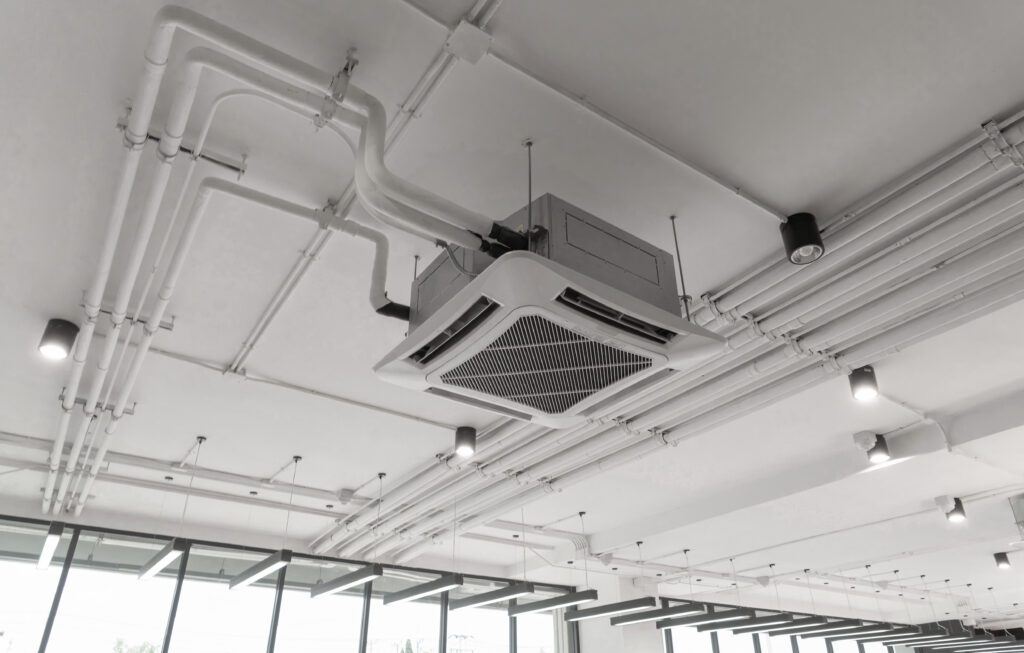
Selecting the right eco-friendly HVAC system involves careful consideration of several crucial factors. Understanding these can make the decision-making process smoother and lead to a more satisfactory outcome.
Energy Efficiency Ratings
When shopping for an eco-friendly HVAC system, it’s essential to look for energy efficiency ratings. The Seasonal Energy Efficiency Ratio (SEER) and the Energy Efficiency Ratio (EER) provide insight into how well a system will perform over time. Higher ratings typically indicate better efficiency, which translates to lower operating costs and a reduced environmental impact.
Many manufacturers prominently display these ratings, so homeowners should take the time to compare options and choose a system that meets their efficiency requirements. Additionally, it’s worth noting that some states and local governments offer incentives or rebates for selecting high-efficiency systems, which can further offset initial costs. Researching these financial benefits can be a valuable part of the decision-making process.
Size and Installation Requirements
The size of the HVAC system must be appropriate for the home to ensure optimal performance. An oversized unit can lead to increased energy consumption and higher costs, while an undersized system might struggle to maintain comfortable temperatures. Conducting a professional load calculation can help determine the correct size for your space.
Installation requirements also vary by system type. Some eco-friendly options, like geothermal systems, require extensive groundwork and renovations, while others may have simpler installation processes. Homeowners should factor these aspects into their decision to ensure a smooth installation experience. It’s also advisable to consult with certified HVAC professionals who can provide insights into the best practices for installation and any potential challenges that may arise during the process.
Maintenance and Longevity
Maintenance plays a pivotal role in the longevity and performance of any HVAC system. Eco-friendly HVAC systems may require specific servicing protocols to function efficiently, often more so than their traditional counterparts. Homeowners should inquire about maintenance needs and costs when considering various systems.
Choosing a system known for its durability can lead to significant savings in replacement and repair costs. A well-maintained eco-friendly system can outperform traditional systems and provide benefits for many years, making it a sound investment. Furthermore, some manufacturers offer extended warranties for eco-friendly systems, which can provide additional peace of mind. Understanding the warranty terms and what maintenance is required to keep it valid can help homeowners make informed decisions that protect their investment over time.
Local Incentives for Eco-Friendly HVAC Installation in Martinsburg, WV
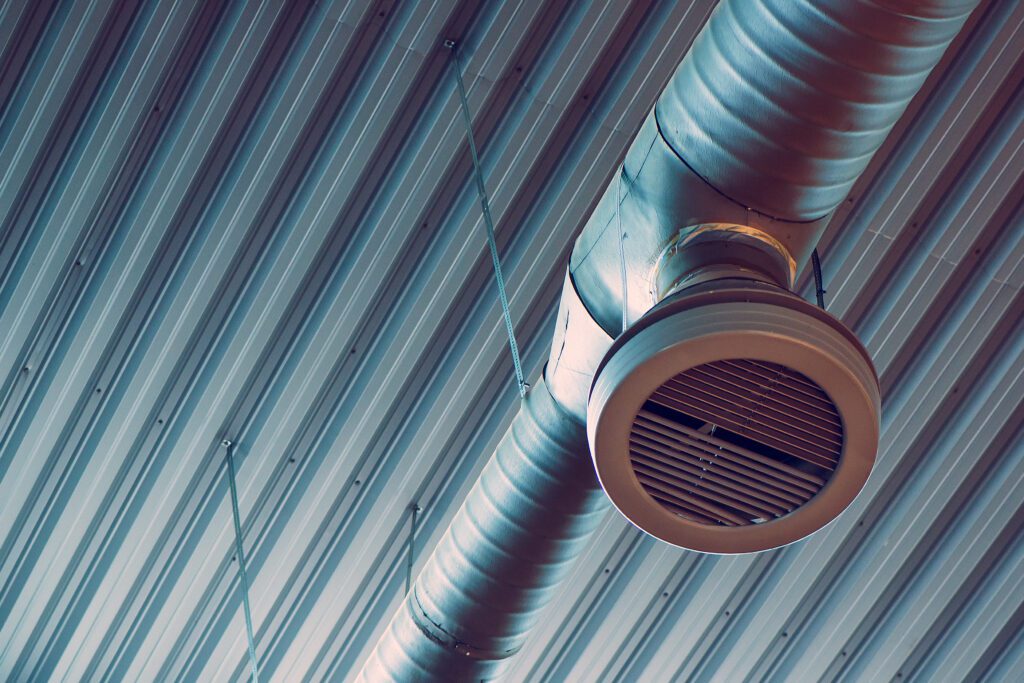
In Martinsburg, local government and various programs promote the adoption of eco-friendly technologies through several incentives. Homeowners can take advantage of these financial incentives to offset installation costs.
Federal Tax Credits and Rebates
Homeowners may qualify for federal tax credits and rebates when they install qualifying eco-friendly HVAC systems. The federal government encourages the use of renewable energy and energy-efficient technologies by offering tax deductions that can significantly lower individual financial burdens.
It’s wise to consult the IRS website or a tax professional to understand the specific credits available and ensure eligibility before making a purchase.
State and Local Programs
In addition to federal programs, West Virginia offers various state-level incentives that promote energy efficiency. These may include grants for upgrading to eco-friendly HVAC systems, low-interest loans, or cash-back offers.
Local utility companies may also run their incentive programs, encouraging customers to choose sustainable options. Engaging with local energy efficiency organizations can provide valuable information about available programs in Martinsburg.
Moreover, the state has initiated several educational campaigns aimed at raising awareness about the benefits of eco-friendly HVAC systems. These campaigns often include workshops and informational sessions that help homeowners understand the long-term savings associated with energy-efficient technologies. By participating in these programs, residents can not only save money but also contribute to a more sustainable environment, reducing their carbon footprint and promoting energy independence.
Additionally, some local businesses may offer their own incentives for customers who choose eco-friendly HVAC installations. These can range from discounts on installation services to partnerships with manufacturers that provide rebates on high-efficiency equipment. Homeowners in Martinsburg are encouraged to explore these options, as they can further enhance the financial benefits of upgrading their HVAC systems while supporting local enterprises committed to sustainability.
Finding a Reliable Eco-Friendly HVAC Installer in Martinsburg, WV
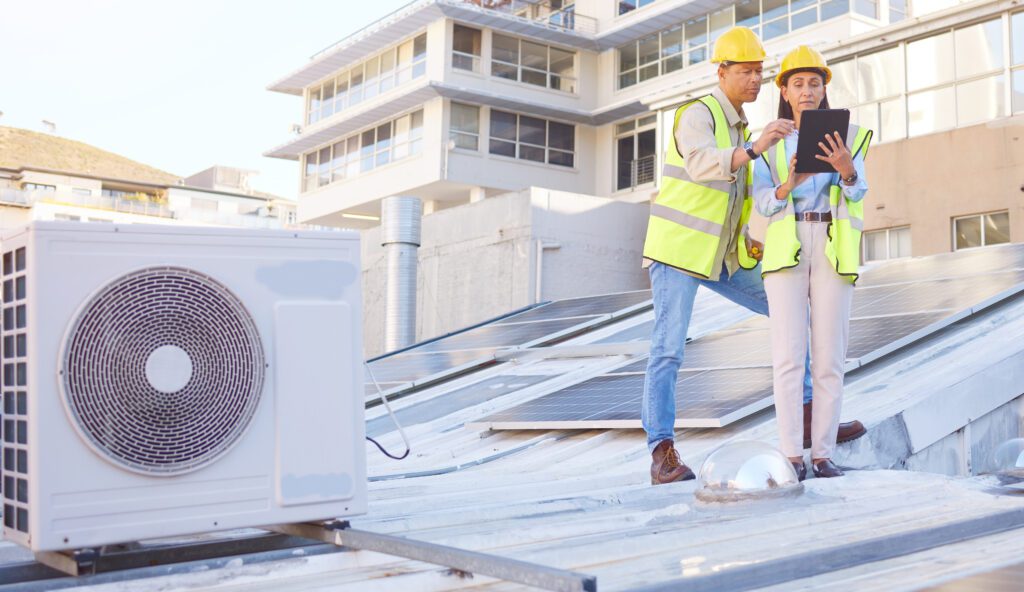
Selecting the right HVAC installer is crucial in ensuring a successful installation of an eco-friendly system. With many options available, conducting thorough research can lead to finding a reputable contractor who understands the intricacies of eco-friendly systems.
Checking Certifications and Experience
When seeking an installer, it’s essential to verify their certifications and experience. Ideally, contractors should have experience with eco-friendly systems and hold relevant certifications from recognized organizations.
Additionally, customer testimonials and peer recommendations can provide insight into an installer’s reliability and quality of work. Ensuring that a contractor is familiar with specific systems, such as geothermal or solar-powered, can also enhance the installation process. It’s also beneficial to inquire about their ongoing training and education in the latest eco-friendly technologies, as this can indicate their commitment to staying current in a rapidly evolving field.
Understanding the Installation Process
Homeowners should have a clear understanding of the installation process. Reliable installers should provide detailed assessments and timelines, helping homeowners prepare for any disruptions.
Discussing installation procedures, potential challenges, and maintenance plans before work begins can foster a more transparent relationship between the homeowner and the contractor. This understanding can minimize surprises and create a smoother installation experience. Furthermore, it’s wise to ask about the tools and techniques they will use, as well as how they plan to handle waste and debris, ensuring that the installation aligns with eco-friendly practices.
Evaluating Customer Reviews and Testimonials
Customer reviews and testimonials play a significant role in assessing an installer’s reputation. Reading past client experiences provides insight into the quality of the work and customer service they can expect.
Online platforms and local community boards are excellent resources for gathering this information. Homeowners should look for patterns in reviews and consider both positive and negative feedback to ensure a comprehensive understanding of the installer’s capabilities. Additionally, engaging with previous clients directly, if possible, can offer deeper insights into the installer’s work ethic, punctuality, and post-installation support, which are all critical factors in making a well-informed decision.
In summary, adopting eco-friendly HVAC options in Martinsburg, WV, is not only beneficial for the environment but also advantageous for health and finances. By exploring various systems available, considering important factors for selection, taking advantage of local incentives, and finding a reliable installer, homeowners can make informed decisions that align with sustainable practices. The shift towards eco-friendly HVAC systems marks a critical step towards creating a healthier and more sustainable future for all. As homeowners become more aware of their environmental impact, the demand for knowledgeable installers who prioritize sustainability will only continue to grow, making this an exciting time for eco-conscious home improvements.

